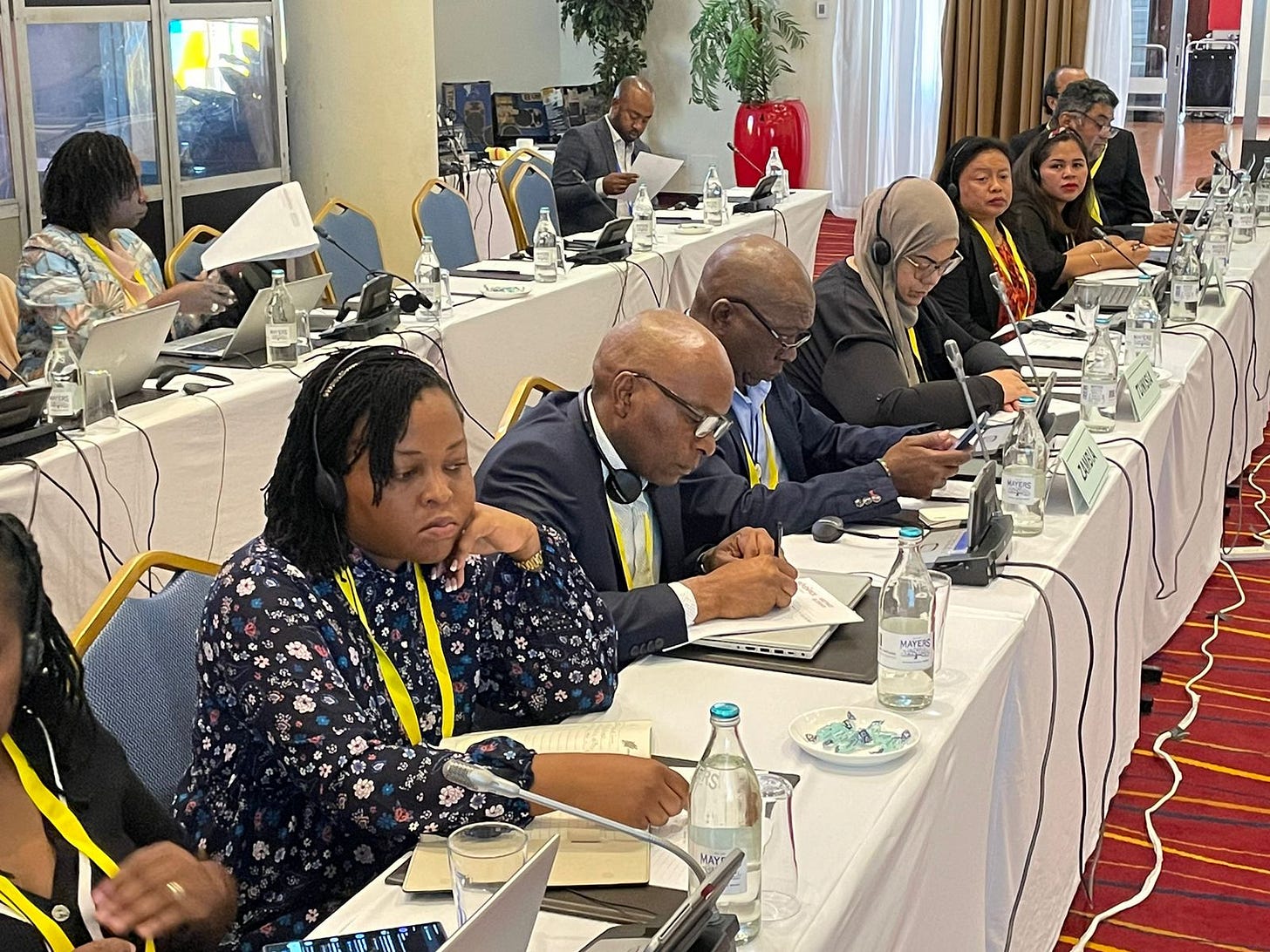SAFE PLANTS - COMESA's 12th sub-committee meeting focus on vital phytosanitary concerns
The objective is to address the pressing need to protect plant species from impacts of climate change, which have exacerbated outbreaks of plant pests, posing risks to humans, animal and environment.

NAIROBI, Kenya (Planet Defence) - Nairobi, the Kenyan capital, is hosting the 12th meeting of the preparatory sub-committee of the Common Market for Eastern and Southern Africa (COMESA) from November 27th to December 1st this year writes Jose Fucato in Nairobi, Kenya.
The five-day agenda encompasses critical discussions on the phytosanitary strategy, including the review and update of national quarantine pest lists for ten commodities. There will also be discussions regarding import conditions for maize, wheat, groundnuts, and rice, as well as the review of the consolidated pest and mitigation list for cereals and seeds under the Alliance for Commodity Trade in Eastern and Southern Africa (ACTESA).
Delegates will engage in analyzing and discussing the Phytosanitary Group's 2023-2024 work plan, crafting resolutions and recommendations for the Regional SPS Subcommittee, and deliberating on the mandate of the technical working group on animal health, encompassing its structure, composition, functions, roles, and responsibilities.
Food safety remains a significant item on the agenda, with the working group presenting a report on its inaugural meeting and the proposed program for 2023/2024.
The secretariat will deliver a report on the implementation progress of COMESA's SPS Strategy by member states, review the status of Council decisions' implementation, present country reports, and provide related recommendations for consideration. Finally, the meeting will outline the future work program, encompassing projects and activities.
Speaking on behalf of the African Union Commission, Chiluba Mwape, Senior Advisor for the African Union's Sanitary and Phytosanitary Measures (SPS) program, highlighted the increased attention on plant health by governments in the last decade. Stressing the urgency of protecting plant species from climate change-induced outbreaks and other adverse effects, Mwape emphasized the need for stronger efforts to safeguard plant life and health.
Mwape further outlined the African Union Commission's focus on implementing the Phytosanitary Strategy for Africa (PHSA), aligning with various development frameworks such as the African Union's SPS Policy Framework, the African Continental Free Trade Area (AfCFTA) Agreement, the Comprehensive Africa Agriculture Development Programme (CAADP) Malabo declaration, and Agenda 2063.
Providence Mavubi, Director of COMESA’s Industry and Agriculture Division, underscored the pandemic's detrimental impact on the technical working group's activities over the past two years. Encouraging resumption and continuation of these activities post-pandemic, Mavubi urged Member States to take ownership and ensure implementation at the national level.
COMESA, in collaboration with the Food and Agriculture Organization, is implementing interventions aimed at strengthening national plant protection organizations through e-learning courses focusing on Pest Risk Analysis, Phytosanitary Export Certification, Surveillance and Reporting Obligation, and Phytosanitary Inspection.
Mavubi highlighted ongoing efforts in re-engineering the COMESA Reference Laboratory System in the region. However, she noted the need for a more defined operational framework, especially for the three reference laboratories in Kenya, Zambia, and Mauritius.
Mavubi emphasized the importance of the TWG's Work Plan for 2024-2025 in acknowledging past achievements and presenting recommendations to the SPS subcommittees for consideration by COMESA's political bodies.
This event holds significant importance in strengthening the application of effective, harmonized, and risk-based phytosanitary measures, facilitating safe regional, continental, and global trade in plants, plant products, and other regulated items. It aims to fortify political, legal, and institutional frameworks for plant health and food systems in Africa, bolstering their impact on trade and consumer health.
Established in December 1994, the Common Market for Eastern and Southern Africa (COMESA) stands as Africa's largest regional economic organization, comprising 21 member states and approximately 390 million people.


